Resources
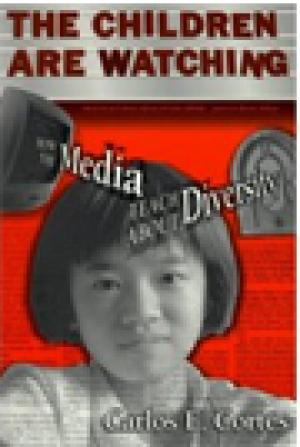
Carlos Cortés has been a first-hand observer and participant in the growth of multiculturalism and multicultural education from their birth in the social movements of the 1960s to the present day. In this unique collection of essays about diversity, society, and education, he provides readers with valuable insights, both from his own life story and from some of the most thought-provoking articles he has written over the past three decades. In many ways, Cortés's personal and professional story is the story of the multicultural movement itself, and this volume gives witness to the struggles and successes that Cortés and many others have experienced while striving to create a place for the voices, values, and visions of racial and ethnic groups in our culturally diverse nation and shrinking world. This one-of-a-kind reflective history: * Examines the evolving nature of multiculturalism and multicultural education as a dynamic and interactive process. * Features the perspective of a historian who has participated in the multicultural education movement. * Urges readers to reflect on their own lives, careers, and efforts to meet the challenges and opportunities of our increasingly diverse society. * Helps educators examine their own reasons for participating in the struggle to build a better multicultural future for our children. (From the Publisher)
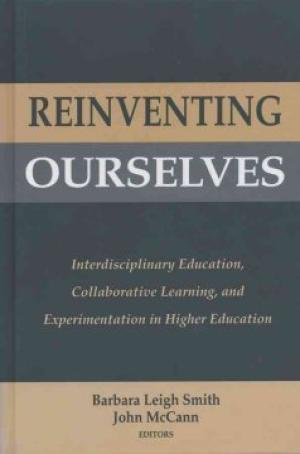
Reinventing Ourselves examines the experiences of and lessons learned from a variety of institutions that pioneered new approaches for more effective teaching and learning. Many of the colleges included in this volume began as both educational and social experiments, representing new ways of thinking about educational goals, curricular organization, institutional governance, and faculty roles and rewards. With new calls for both rethinking our approaches to teaching and learning, and for reviewing the traditional boundaries within institutions and between disciplines, this book offers a rich store of ideas from which to draw. (From the Publisher)
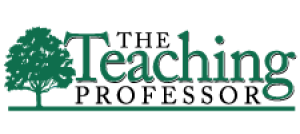
Journal Issue.
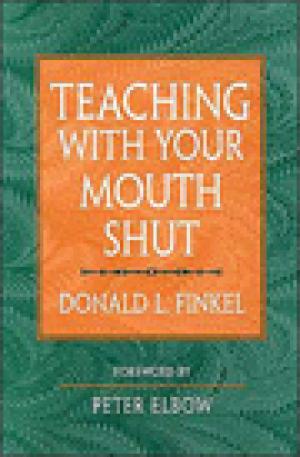
Teaching with Your Mouth Shut is not intended as a manual for teachers; it aims to provoke reflection on the many ways teaching can be organized. (From the Publisher)
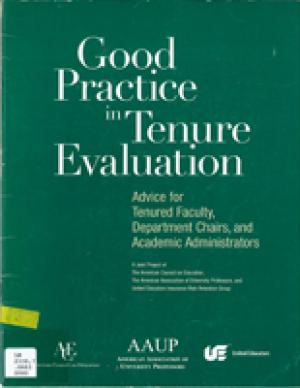
This report provides guidance on conducting tenure evaluations that are thoughtful and just. Practical suggestions for the tenure evaluation process fall into four themes. The first is that of the need for clarity in standards and procedures for evaluation. Institutions should ensure that their stated criteria for tenure match the criteria that, in actual practice, the institutions apply. A second major theme is that tenure decisions must be consistent over time among candidates with different personal characteristics, such as race, gender, disability, and national origin. A third necessity is candor in the evaluation of tenure-track faculty. Periodic evaluations should be candid and expressed in plain English. The fourth theme is that of caring for unsuccessful candidates. Faculty and administrators must treat an unsuccessful tenure candidate with professionalism and decency. Active efforts to assist the candidate in relocating to another position are of mutual benefit to the individual and the institution. (From the Publisher)
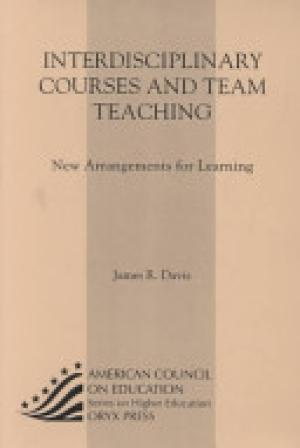
James Davis offers a realistic and stimulating examination of interdisciplinary theory and practice. In addition to providing specific tips on successful team teaching, the book features information drawn from the professional literature, survey results, and useful examples from the author's personal experience. It also includes a listing of nearly 100 interdisciplinary, team-taught courses currently being offered at colleges and universities throughout North America. The book demonstrates that team teaching, when effectively implemented, is fulfilling for both educator and student. (From the Publisher)

Offers a critical analysis of hooks' engaged pedagogy and its promise for the teaching/learning process, and assesses the relevance of strategies entailed in her engaged pedagogy to a Third World context. Part I presents her social theory as expressed in her critique of capitalism, patriarchy, and White supremacy in American society. Part II presents her education theory, and Part III discusses issues arising from application of engaged pedagogy to the educational system of Kenya. (From the Publisher)
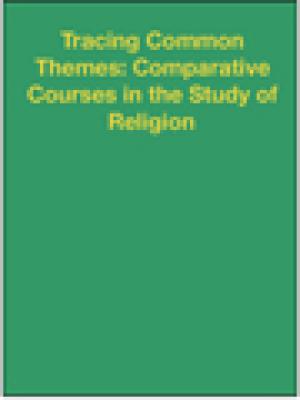
This volume focuses theoretically and practically on thematic approaches for teaching comparative courses in religion. It seeks to address the impact that the comparative study of religion has had on the humanities, how it has fared in the various pedagogic shifts discerned in the liberal arts over the last decade, and how the study of religion can serve to globalize humanities education in our increasingly culturally and religiously plural world. (From the Publisher)
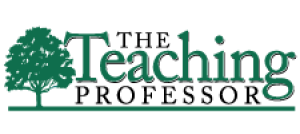
Journal Issue.
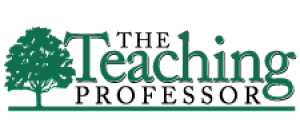
Journal Issue.